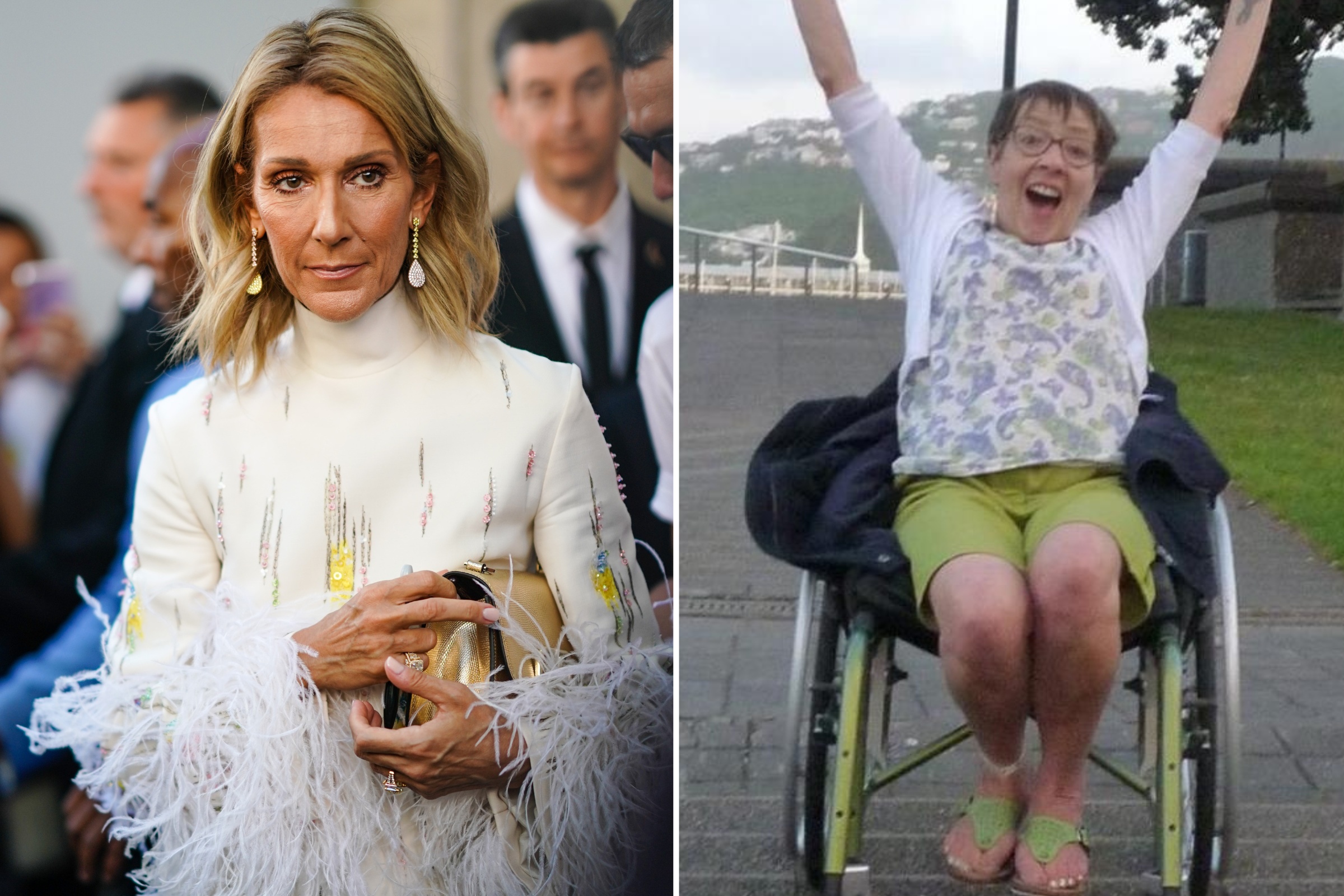Celine Dion’s Stiff Person Syndrome Diagnosis

Celine Dion, a renowned Canadian singer, revealed in December 2022 that she had been diagnosed with stiff person syndrome (SPS), a rare neurological disorder that affects the central nervous system. SPS causes progressive muscle stiffness and spasms, which can be debilitating and impact various aspects of an individual’s life.
Symptoms and Effects on Dion
SPS affects the central nervous system, particularly the brain and spinal cord, leading to a range of symptoms. Common manifestations include:
– Muscle stiffness and rigidity, especially in the trunk and limbs
– Painful muscle spasms, which can be triggered by various factors such as noise, touch, or emotional stress
– Difficulty with balance and coordination
– Impaired mobility and reduced range of motion
– Speech and swallowing difficulties in severe cases
In Dion’s case, the symptoms of SPS have significantly affected her personal and professional life. She has experienced muscle stiffness and spasms that have made it challenging for her to perform on stage and engage in daily activities. The unpredictable nature of the spasms has also limited her ability to travel and fulfill her concert commitments.
Challenges and Limitations
SPS presents numerous challenges for individuals diagnosed with the condition. These include:
– Physical limitations: Muscle stiffness and spasms can restrict movement, making everyday tasks like walking, climbing stairs, or even holding objects difficult.
– Pain and discomfort: The spasms can cause severe pain, affecting an individual’s quality of life and overall well-being.
– Emotional distress: The unpredictable nature of the symptoms can lead to anxiety, depression, and social isolation.
– Career limitations: For performers like Celine Dion, SPS can significantly impact their ability to perform and maintain their professional commitments.
Treatment and Management of Stiff Person Syndrome: Celine Dion Stiff Person

Stiff person syndrome is a rare neurological disorder that affects the central nervous system. The condition causes muscle stiffness and spasms, which can be debilitating and painful. There is no cure for stiff person syndrome, but there are a variety of treatments that can help to manage the symptoms.
Treatment options for stiff person syndrome include:
- Medication: Medications can be used to reduce muscle stiffness and spasms. These medications include benzodiazepines, muscle relaxants, and anticonvulsants.
- Physical therapy: Physical therapy can help to improve range of motion and flexibility. It can also help to strengthen muscles and reduce pain.
- Occupational therapy: Occupational therapy can help people with stiff person syndrome to learn how to perform everyday activities in a way that minimizes pain and discomfort.
- Surgery: Surgery may be an option for people with severe stiff person syndrome. Surgery can be used to remove damaged nerves or to implant a device that can help to control muscle spasms.
The effectiveness of different treatments for stiff person syndrome varies from person to person. Some people may find that one treatment is more effective than another. It is important to work with a doctor to find the best treatment plan for each individual.
Dion’s Treatment Journey
Celine Dion was diagnosed with stiff person syndrome in 2021. She has been undergoing treatment for the condition, which has included medication, physical therapy, and occupational therapy. Dion has said that the treatment has helped to improve her symptoms, but she still experiences some pain and stiffness.
Coping Mechanisms and Emotional Support
Celine Dion’s diagnosis of stiff person syndrome has required her to adapt her life and find ways to cope with the challenges it presents. She has adopted various coping mechanisms to manage her symptoms, including physical therapy, medication, and alternative treatments. Additionally, the support of her family, friends, and fans has been invaluable in providing her with emotional support and encouragement.
Importance of Self-Care and Mental Well-being
Living with a chronic condition like stiff person syndrome requires a focus on self-care and mental well-being. Dion has prioritized self-care practices such as exercise, meditation, and healthy eating to manage her symptoms and improve her overall health. She has also sought professional help for her mental well-being, recognizing the importance of addressing the emotional challenges associated with her condition.
Advocacy and Awareness of Stiff Person Syndrome
Celine dion stiff person – Since her diagnosis, Celine Dion has emerged as a vocal advocate for stiff person syndrome. Her platform and influence have significantly raised awareness about the condition, shedding light on its challenges and the need for support.
Public Statements and Interviews, Celine dion stiff person
Dion has openly shared her experiences with stiff person syndrome through interviews, social media posts, and public appearances. By speaking out about her journey, she has helped to reduce stigma and foster understanding of the condition.
Support for Research and Resources
Dion has actively supported research initiatives and provided resources for others affected by stiff person syndrome. She has collaborated with organizations like the Stiff Person Syndrome Research Foundation to fund research and raise awareness.
Fundraising and Awareness Campaigns
Through her concerts and social media platforms, Dion has organized fundraising campaigns and awareness initiatives. These efforts have raised significant funds and generated public interest in the condition, leading to increased understanding and support for those affected.
Future Outlook and Medical Advancements
Recent advancements in medical research hold promise for the future of stiff person syndrome (SPS) treatment. Researchers are exploring novel therapeutic approaches, including gene therapy, targeted immunotherapies, and neuromodulation techniques. These advancements aim to alleviate symptoms, improve mobility, and enhance the quality of life for individuals with SPS.
Gene Therapy
Gene therapy offers the potential to address the underlying genetic causes of SPS. By introducing functional genes into the body, researchers hope to restore normal protein function and alleviate symptoms. While still in the early stages of development, gene therapy holds promise as a potential cure for SPS.
